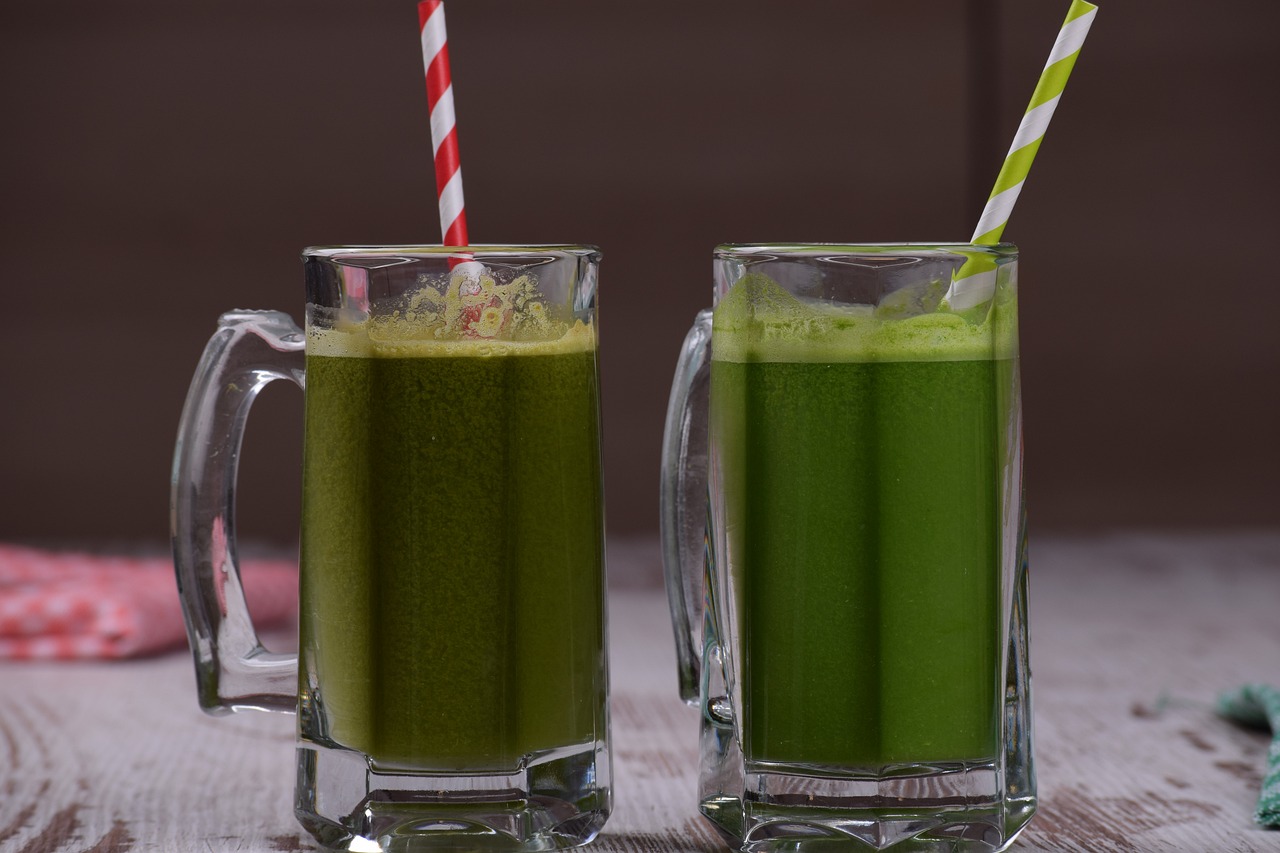Understanding Detox Diets for Weight Loss: Separating Fact from Fiction
Detox diets have gained popularity as a quick-fix solution for weight loss and overall health improvement. Promising to cleanse your body of toxins and jumpstart your metabolism, these diets often involve drastic changes in eating habits, such as consuming only liquids, juices, or specific foods for a set period. While they may offer short-term weight loss results, it’s essential to understand their potential benefits and drawbacks before embarking on a detox diet regimen.
What is a Detox Diet?
Detox diets, also known as cleanses or fasting diets, typically involve restricting certain foods or consuming specific liquids (like juices or detox teas) for a defined period. The premise behind detox diets is to eliminate toxins from the body, improve digestion, boost energy levels, and promote weight loss. These diets often emphasize consuming fruits, vegetables, herbal teas, and water while eliminating processed foods, sugar, caffeine, alcohol, and sometimes solid foods altogether.
Potential Benefits of Detox Diets:
- Short-Term Weight Loss: Many people experience initial weight loss during a detox diet due to reduced calorie intake and water weight loss. This can provide motivation and kick-start healthier eating habits.
- Increased Fruit and Vegetable Consumption: Detox diets often encourage higher intake of fruits and vegetables, which are rich in vitamins, minerals, fiber, and antioxidants that support overall health.
- Hydration: Consuming plenty of water and hydrating beverages during a detox diet can support hydration levels and improve skin appearance.
- Mental Clarity: Some individuals report feeling more focused and mentally sharp during and after a detox diet, possibly due to reduced intake of processed foods and increased nutrient-dense foods.
Drawbacks and Considerations:
- Lack of Essential Nutrients: Many detox diets are restrictive and may not provide all the essential nutrients your body needs for optimal function. This can lead to nutrient deficiencies if followed for an extended period.
- Potential Side Effects: Rapid changes in diet, such as sudden increases in fiber intake or drastic calorie reduction, can cause digestive issues such as bloating, gas, diarrhea, or constipation.
- Loss of Muscle Mass: Severely restricting calories and protein intake can lead to muscle loss, which can negatively impact metabolism and overall strength.
- Short-Term Results: Weight loss achieved during a detox diet is often temporary. Once normal eating patterns resume, weight may be regained if healthier habits aren’t maintained.
- Lack of Scientific Evidence: The concept of detox diets eliminating toxins from the body lacks substantial scientific support. The body has its own natural detoxification processes through the liver, kidneys, and digestive system.
Tips for a Safer Approach to Detox Diets:
- Consult a Healthcare Professional: Before starting a detox diet, especially if you have underlying health conditions or are taking medications, consult with a healthcare provider or registered dietitian to ensure it’s safe for you.
- Choose Balanced Detox Plans: Opt for detox diets that include a variety of nutrient-dense foods, rather than extreme fasting or liquid-only plans. Include lean proteins, whole grains, fruits, vegetables, and healthy fats.
- Stay Hydrated: Drink plenty of water and herbal teas to support hydration and aid in the detoxification process.
- Limit Duration: Detox diets are not meant to be long-term solutions. Limit the duration to a few days to a week, and gradually reintroduce regular foods afterward.
- Monitor Your Body’s Response: Pay attention to how your body feels during the detox diet. If you experience severe discomfort, dizziness, or persistent symptoms, stop the diet and seek medical advice.
Conclusion:
Detox diets can provide short-term weight loss and may encourage healthier eating habits by increasing fruit and vegetable intake and promoting hydration. However, they come with potential risks and are not suitable for everyone. For sustainable weight loss and overall health improvement, focus on long-term lifestyle changes that include a balanced diet, regular physical activity, adequate hydration, and sufficient sleep. Consult with a healthcare professional before starting any detox diet to ensure it aligns with your health goals and needs.
